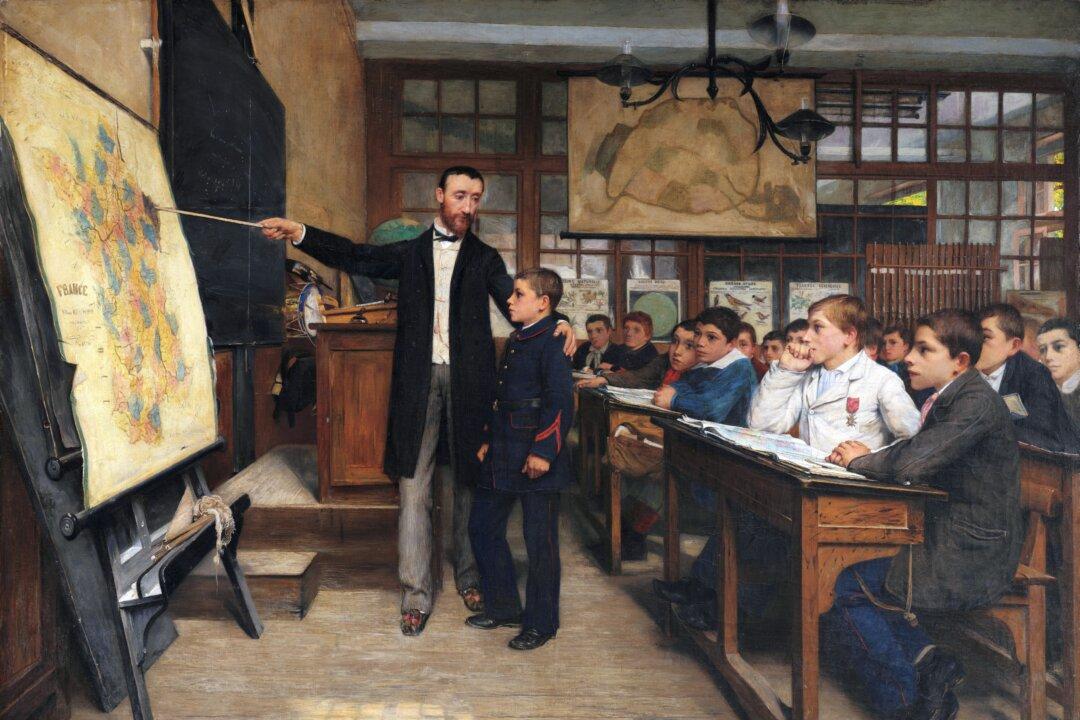Commentary
Using AI on a query of any sort gives rise to some uncomfortable questions. Let’s leave aside its inaccuracies, which could pop up anywhere. Instead, let’s just pretend it is perfect. It is low or zero cost and comes in an app on a device that most everyone has in their personal possession.





